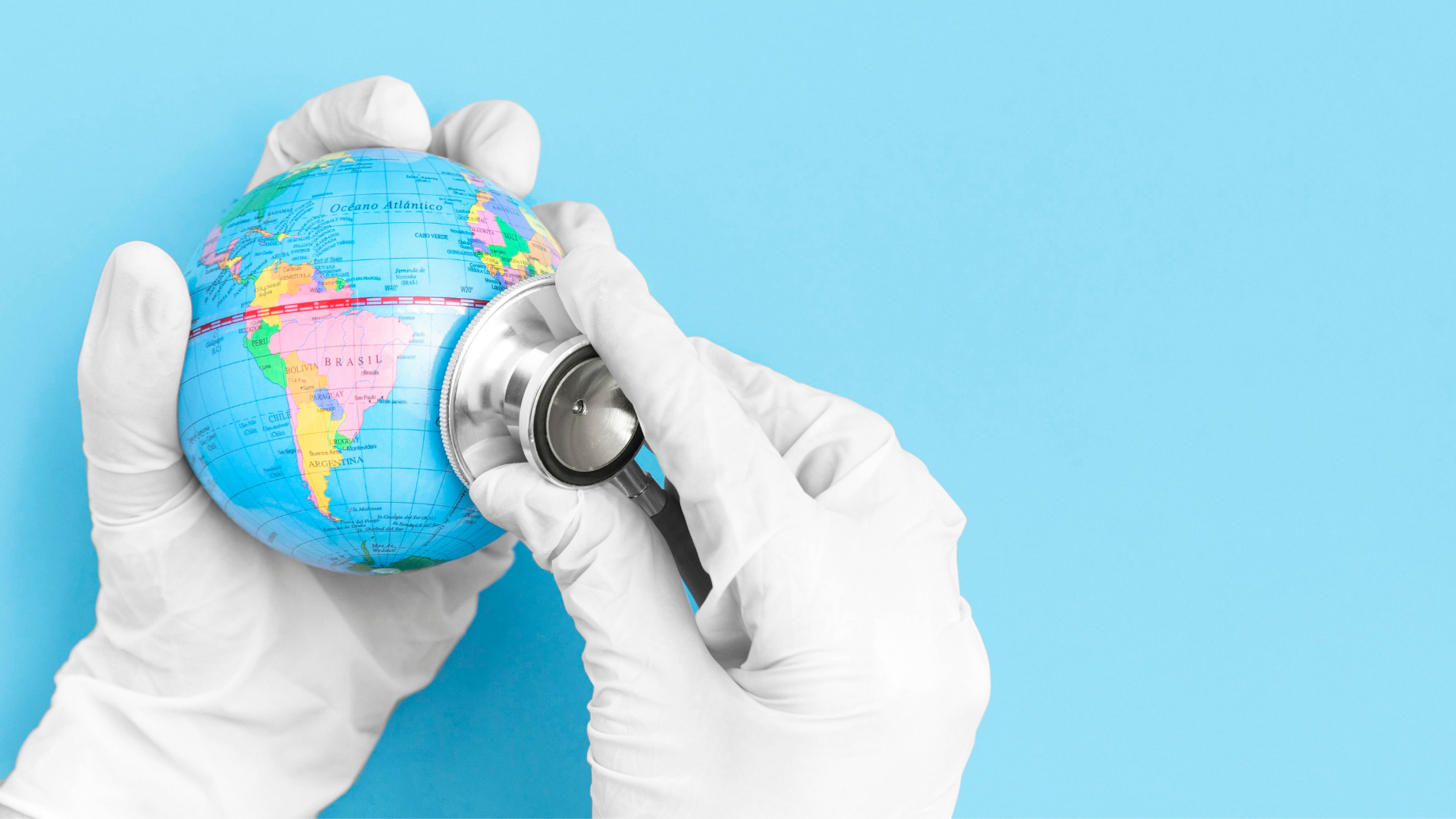
How much calcium should the elderly consume for good health?
The elderly are at the highest risk for osteoporosis due to the decrease in calcium levels in the body. There are several ways to replenish calcium, and the recommended intake varies with age.
The elderly are at the highest risk for osteoporosis due to the decrease in calcium levels in the body. There are several ways to replenish calcium, and the recommended intake varies with age.
Benefits of Calcium
Calcium is a mineral primarily responsible for bone strength, with 98% of it found in bones and teeth. Insufficient calcium intake is a significant risk factor for osteoporosis, which may lead to fractures, especially in the elderly, who experience increased bone loss with age. When bones become too thin to bear normal weight or impact, fractures can easily occur. Therefore, the elderly should consume adequate calcium that is appropriate for their age.
Recommended Calcium Intake for the Elderly
According to the 2020 Dietary Reference Intakes for Thais, published by the Department of Nutrition, Ministry of Public Health, elderly men and women should consume 1,000 milligrams of calcium per day, found in various foods and supplements.
However, calcium should not be taken with certain antibiotics, some blood pressure medications such as calcium channel blockers, synthetic thyroid hormones, or bisphosphonates. It is also advisable to consult a doctor before taking calcium supplements.
Other Nutrients for the Elderly
In addition to calcium, the elderly should consume other nutrients such as magnesium, vitamin D, vitamin C, vitamin K, and protein to meet the body's needs and ensure complete nutrient intake.
Calcium in Food
Calcium can be found in many natural food sources, such as:
- Dairy products from animals, which are the best sources of calcium, as they also have an ideal calcium-to-phosphorus ratio that helps the body absorb calcium well (e.g., milk, yogurt, cheese).
- Plant-based milk like soy milk, but since plant-based milk has lower calcium levels, it is advisable to choose calcium-fortified versions with at least 20% of the daily recommended amount.
- Small fish and animals with edible bones or shells, such as sardines and shrimp.
- Tofu, such as yellow tofu, firm white tofu, and tofu skin.
- Edamame and black sesame seeds.
- Green leafy vegetables that are moderate to high in calcium and low in oxalates, which can hinder calcium absorption if consumed in excess (e.g., kale, bok choy, etc.).
Calcium in Supplements
Calcium supplements come in different forms, such as:
- Calcium carbonate (40% calcium)
- Calcium acetate (25% calcium)
- Calcium citrate (21% calcium)
- Calcium lactate (13% calcium)
- Calcium gluconate (9% calcium)
For example, 1,000 milligrams of calcium carbonate contains 400 milligrams of elemental calcium. Elderly individuals may prefer calcium citrate, which is more easily absorbed and less likely to cause constipation, a common issue in this age group.
Potential Side Effects of Excessive Calcium Intake
- It may interfere with the absorption of iron and zinc.
- Excessive calcium can lead to hypercalciuria (high calcium levels in urine) and increase the risk of kidney stones. Therefore, calcium intake should not exceed 1,500 milligrams per day.
- Chronic kidney disease patients or those with impaired kidney function may already have high calcium and phosphate levels. Additional calcium supplements in these individuals may increase the risk of soft tissue or vascular calcification.
Calcium is an important nutrient and should be consumed in amounts appropriate for each age group. It is important to avoid factors that hinder calcium absorption and promote factors that enhance it to ensure optimal bone strength and overall health.
Articles in this category are written by our editorial team to keep you informed about the latest healthcare and medical tourism news.

